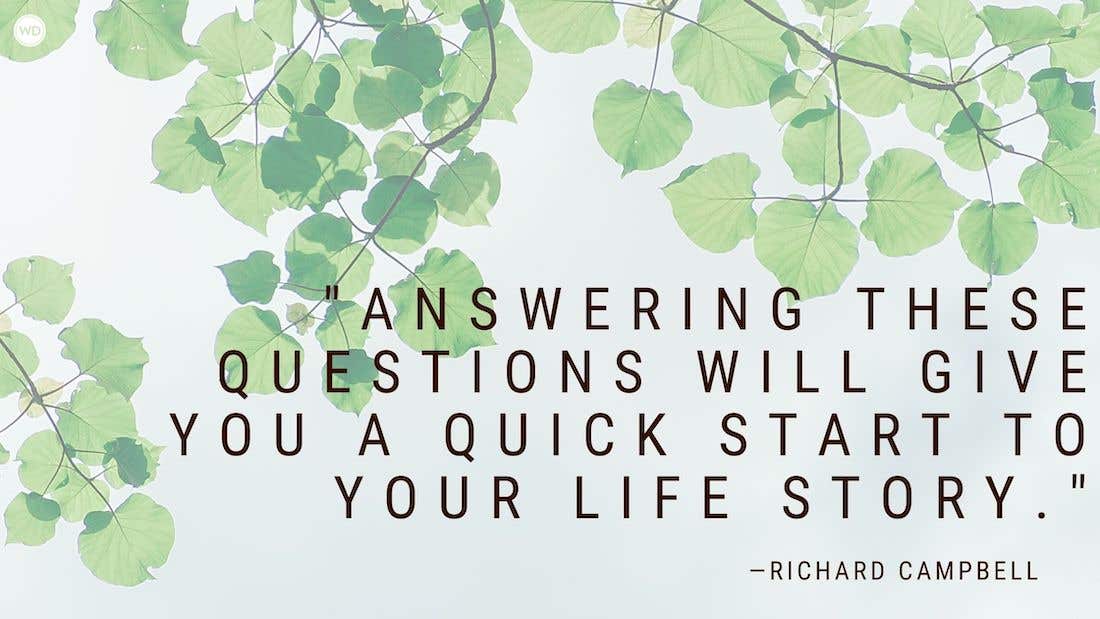Is the slush pile dead? (Plus weekend prompt)
Just read a great article in The Wall Street Journal, Katherine Rosman’s “The Death of the Slush Pile.” While the piece recaps what most writers know—you need an agent to…
Just read a great article in The Wall Street Journal, Katherine Rosman’s “The Death of the Slush Pile.” While the piece recaps what most writers know—you need an agent to get your work published by big presses, breaking out of the pile can take a miracle—it spotlights slush piles across a variety of writing outlets, and some intriguing stories from within them (such as that fluke that prevented Stephenie Meyer’s Twilight manuscript from being immediately canned).
It also has some solid sound bites—as Jim Levine (Levine Greenberg Agency) says, “These days, you need to deliver not just the manuscript but the audience. More and more, the mantra in publishing is ‘Ask not what your publisher can do for you, ask what you can do for your publisher.’ ”
And then there’s the recap of the Paris Review’s slush pile policy: Interns and grad students sort through some 1,000 subs, and two people review every piece. Stories receiving two thumbs up are moved on to an editor, and ultimately, a single piece makes the cut each year.
(Check the full WSJ article out here.)
For the curious, at WD, our slush pile tends to run behind because of the size of our staff and the amount of work that goes into each issue. But we do sometimes buy stories from it. (I bought a lede piece for InkWell a few weeks back, and every so often we’ll nab a solid feature query.)
My advice for surviving the slush pile, at least in the world of magazines: Break out of it. In the absence of an actual contact for a submissions/acquisitions editor (few and far between), track down the managing editor in the magazine’s masthead, and then search for that person’s contact information by Googling their name with an “@” symbol. Even if you can’t find the editor’s e-mail address, label the subject line of your slush pile query with 'Attn: the (appropriate) editor’s name,' which makes your piece harder to ignore, shows you’ve done your homework, and can cut down on response times. Or use market books like Writer’s Market that have contact breakdowns often delving beyond slush inbox addresses. Be easy to work with, and once the assignment is complete, stay in touch. At the end of the day, nurturing solid relationships can be the key to becoming a go-to writer for assignments, and ensuring that you stay out of that particular slush pile—for good.
*(And, as always, read the submission guidelines and the publication before pitching to make sure your idea is indeed an ideal fit, and search for your subject on the magazine’s website to make sure the topic hasn’t recently been covered.)
--
WRITING PROMPT: Your 15 Minutes
Feel free to take the following prompt home or post your response (500 words or fewer, funny, sad or stirring) in the Comments section below. By posting, you’ll be automatically entered in our occasional around-the-office swag drawings.
You’re watching a daytime talk show. A familiar face walks onto the stage, you drop what you’re holding and she utters your name on national television.
Zachary Petit is a freelance journalist and editor, and a lifelong literary and design nerd. He's also a former senior managing editor of Writer’s Digest magazine. Follow him on Twitter @ZacharyPetit.









